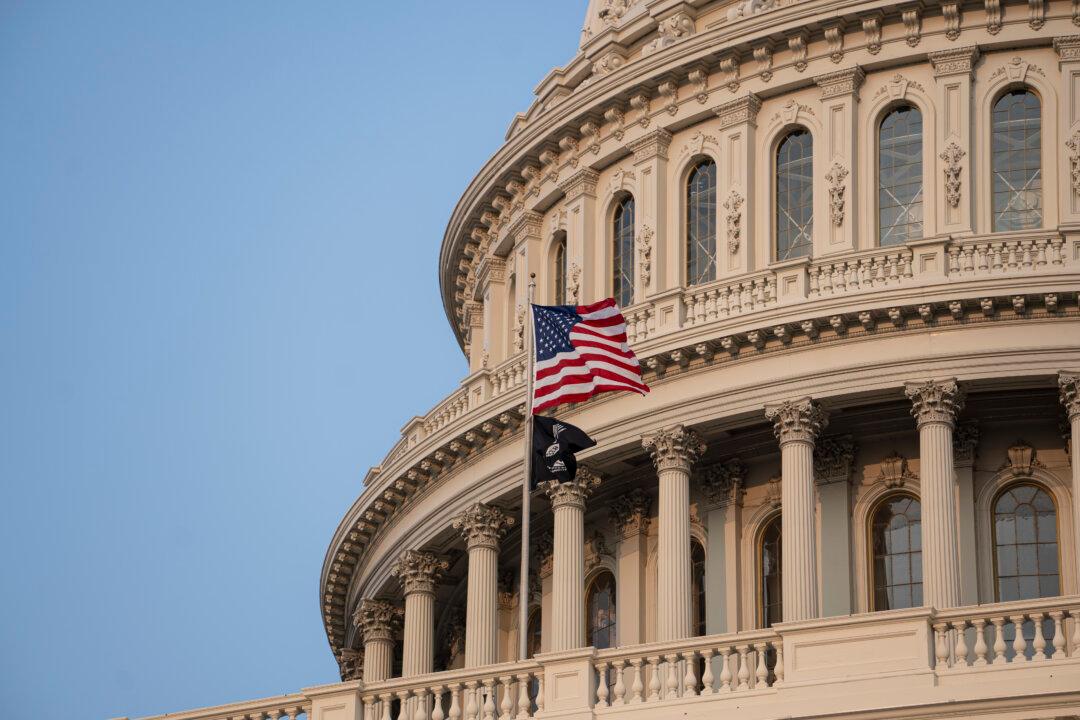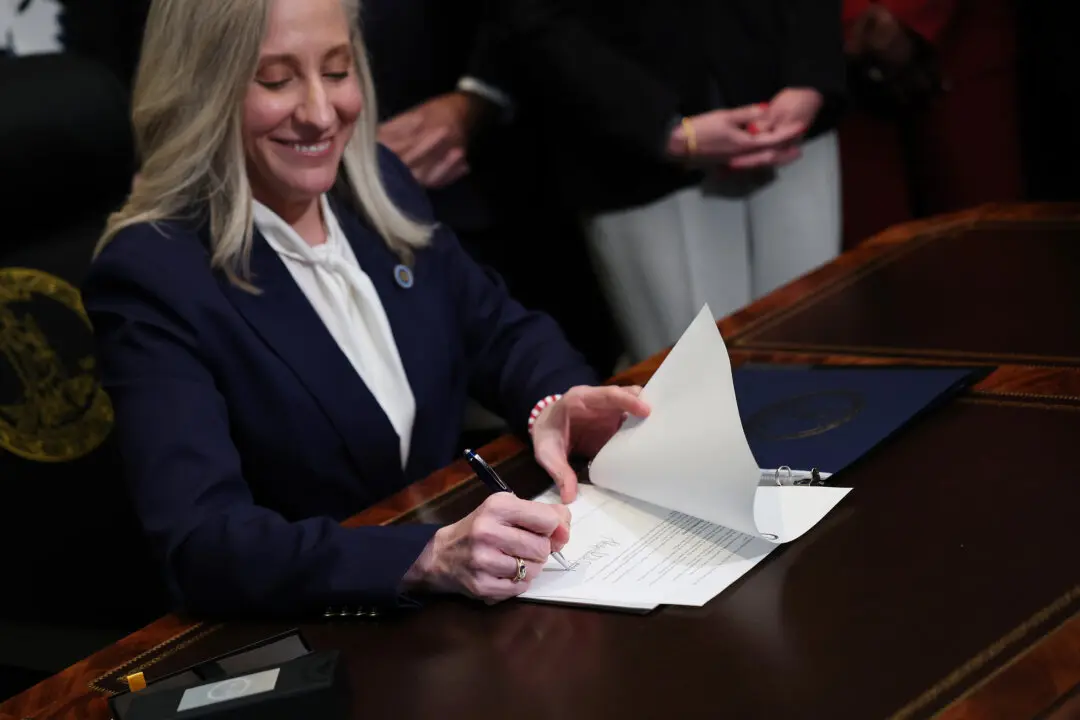When Congress reconvenes on Sept. 9, it will have just 15 days to pass a bill averting a government shutdown at the end of the month—an outcome that looks far from certain.
Fiscal Year 2024 will expire on Sept. 30, as will the government funding that was authorized for it in March.





